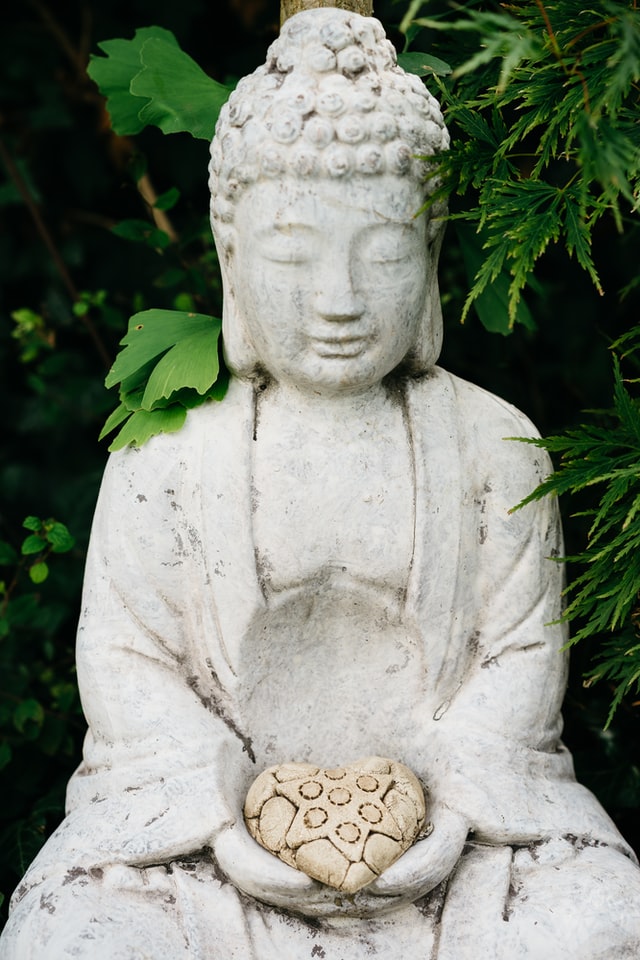When the Head Drops Into the Heart

The key to good decision making is not knowledge. It is understanding. We are swimming in the former. We are desperately lacking in the latter.
― Malcolm Gladwell, Blink: The Power of Thinking Without Thinking
None of us can be sure of half the things we claim to know or believe.
The congressional bill we’re either for or against is 627 pages long. Not even the legislators read it. The science of climate change or vaccinations is too complex and arcane for ordinary people. We have to rely on an interpreter. Social movements arise seemingly out of nowhere, and most of us struggle to get a handle on what’s really happening. We look for experts or trusted leaders to tell us not just what happened, but what it means. But for every expert there is a counter-expert—often with facts and data and stories that sound true enough.
How do we decide what’s true, whom to trust, what deserves our support? Facts aren’t enough. Everyone has a list of their facts. We need something beyond rational analysis.
In order to move from Gladwell’s mere knowledge to deep understanding, the head must drop into the heart. The beauty of this drop is that the mind is not dismissed in favor of the heart, as if these two ways of knowing are mutually exclusive. Rather, the mind descends complete into the heart, where reason is balanced with intuition, passion and imagination. Then we can know more than the facts; we can know what is vitally important in this moment, and what is only noise.
Lately, when I have found myself in the midst of a “dueling facts” debate, I have come back to this truth. What I need is not more and better ammo for my arguing artillery, what I need is discernment of spirits. In this conflict, what promotes understanding? What advances justice? What widens the human family? What holds me accountable instead of blaming others? I need facts, I need reason. But without discernment I have only knowledge, without understanding.
St. Paul’s words ring true here. “Finally, beloved, whatever is true, whatever is honorable, whatever is just, whatever is pure, whatever is pleasing, whatever is commendable, if there is any excellence and if there is anything worthy of praise, think about these things” (Philippians 4:8).
More of us need to discern with both head and heart.
Well said and I plan to share with many!
Uncle David, this is one of my favorite posts of yours so far. So much wisdom in these self-reflective questions. <3
Thank you David. I loved the questions: “ In this conflict, what promotes understanding? What advances justice? What widens the human family? What holds me accountable instead of blaming others? I “
Glad you are posting these, David. Keep them up.
Thanks, John—-and I love what you’re doing with your podcast. You and Keva are a terrific duo.
Wisdom has something of love at its center, but knowledge not necessarily. So why do I settle for more knowledge in such times as these?